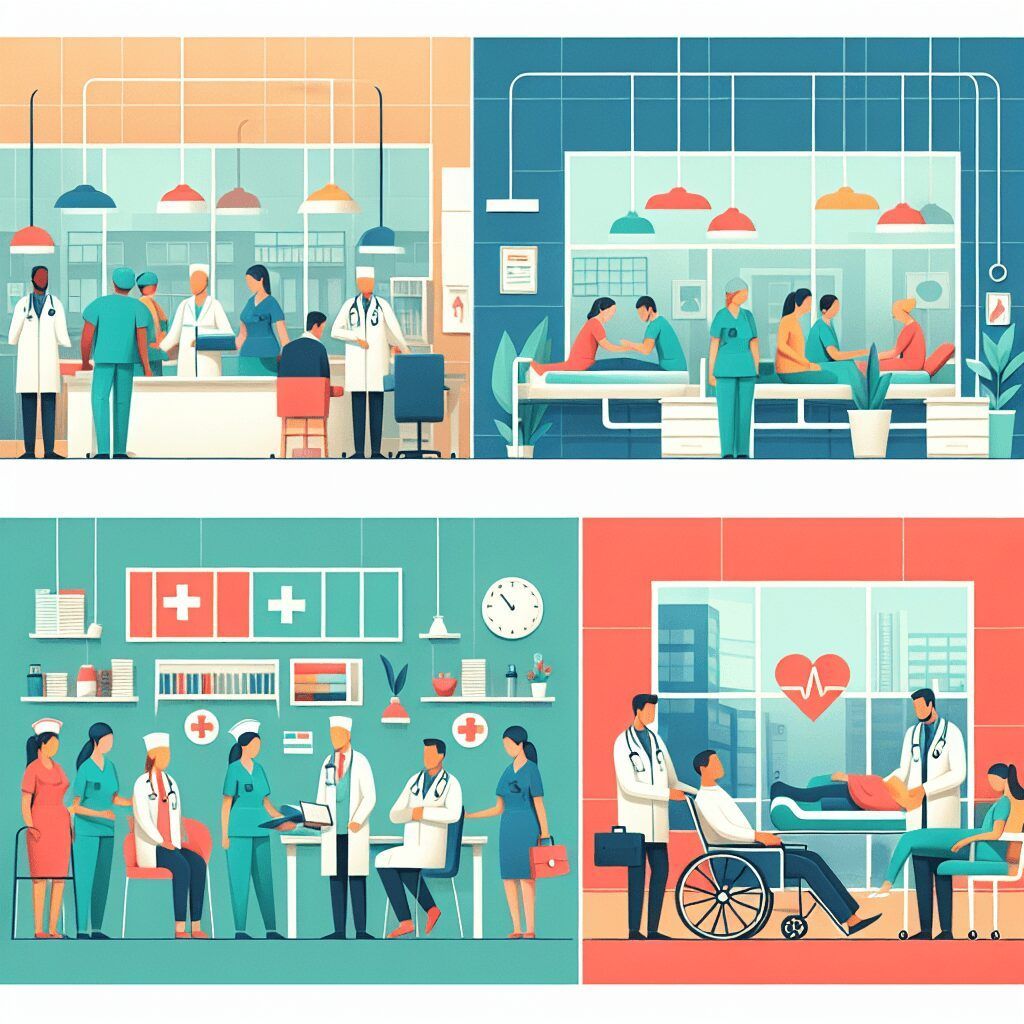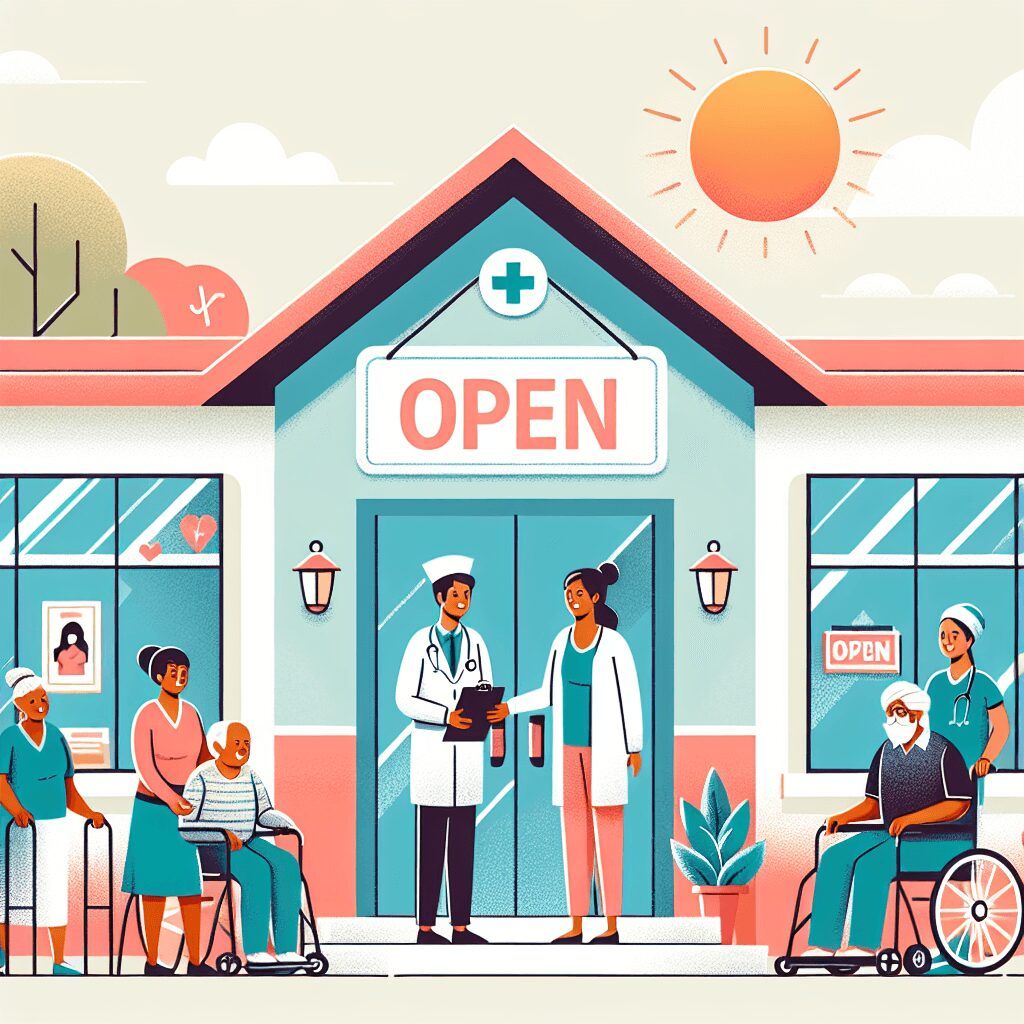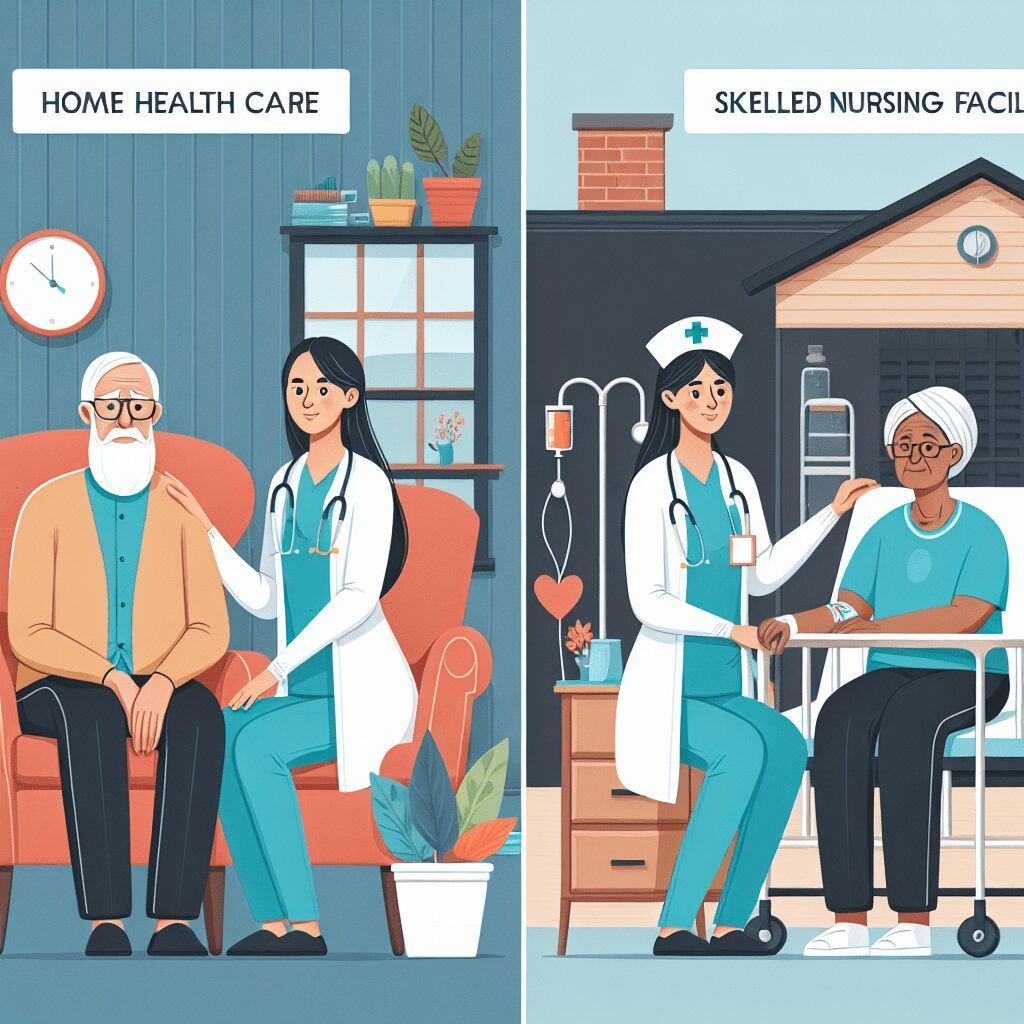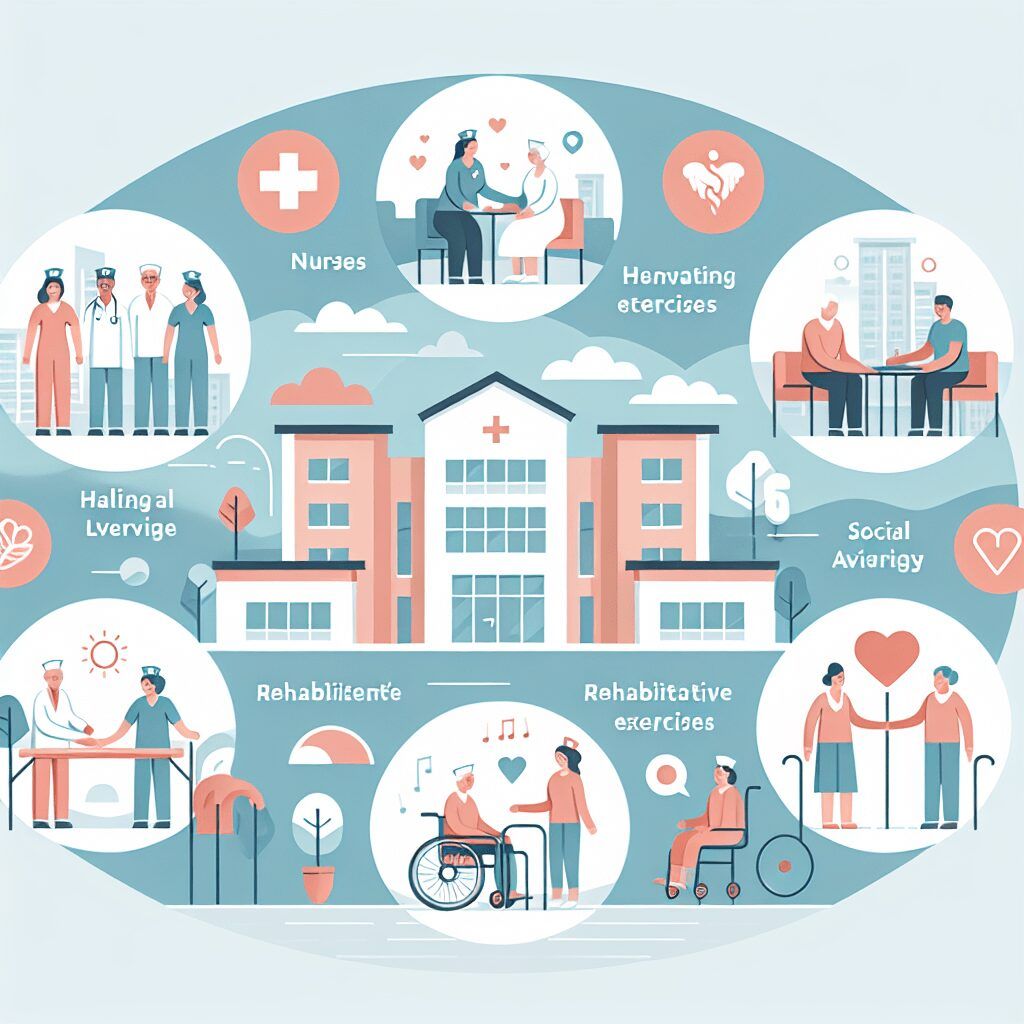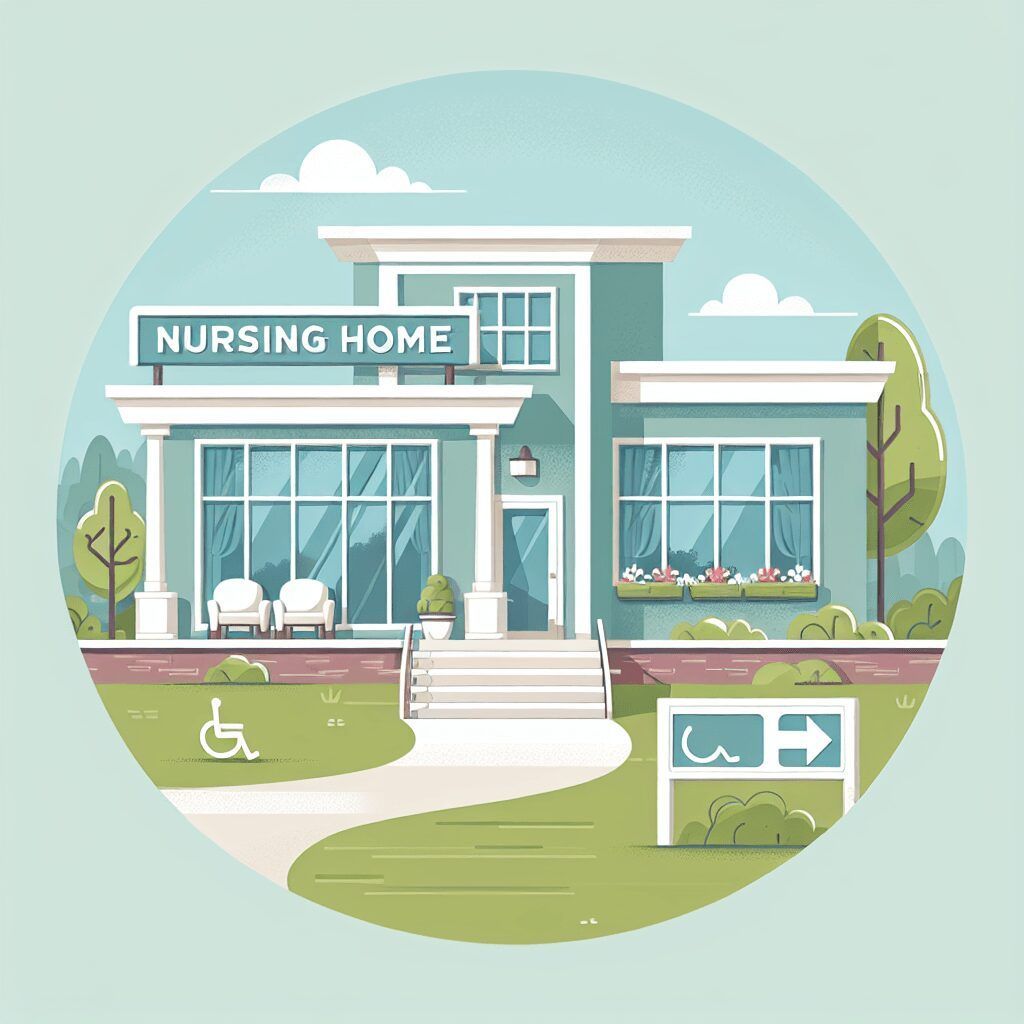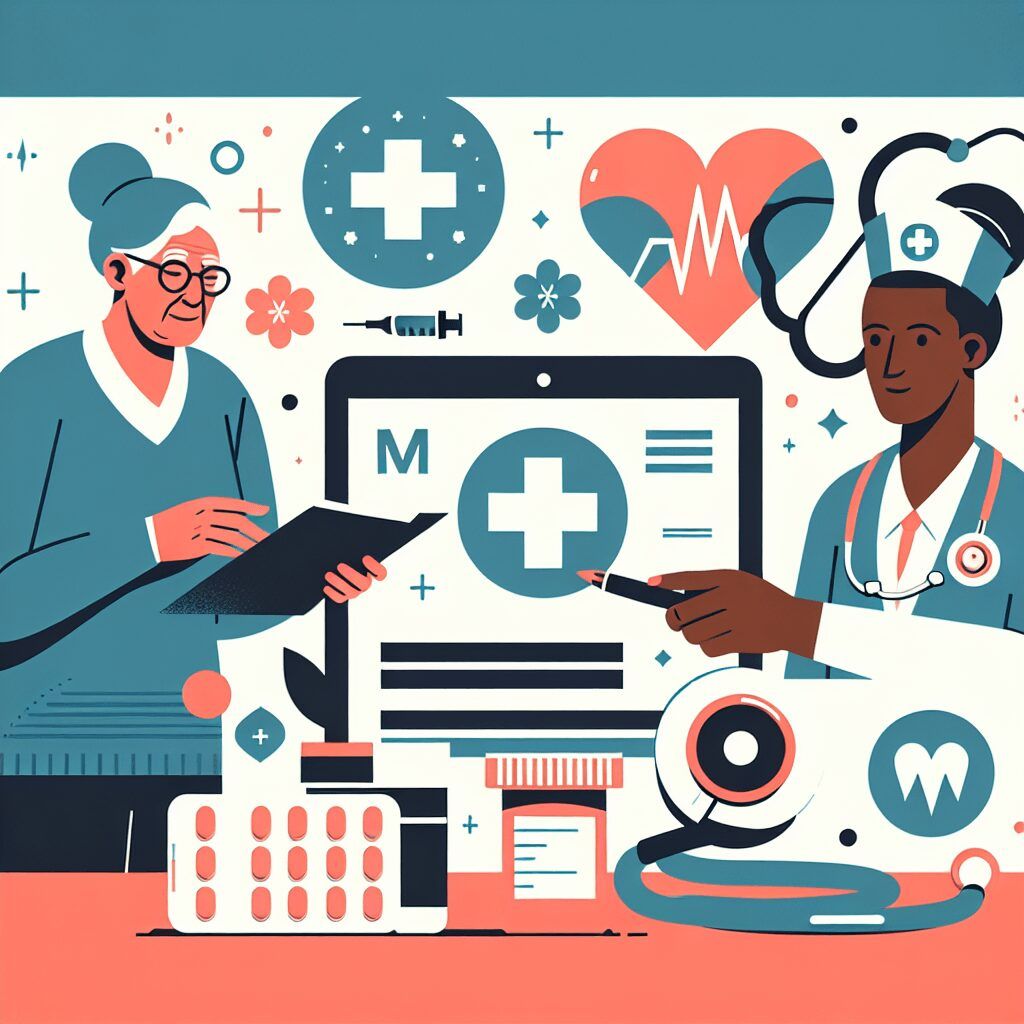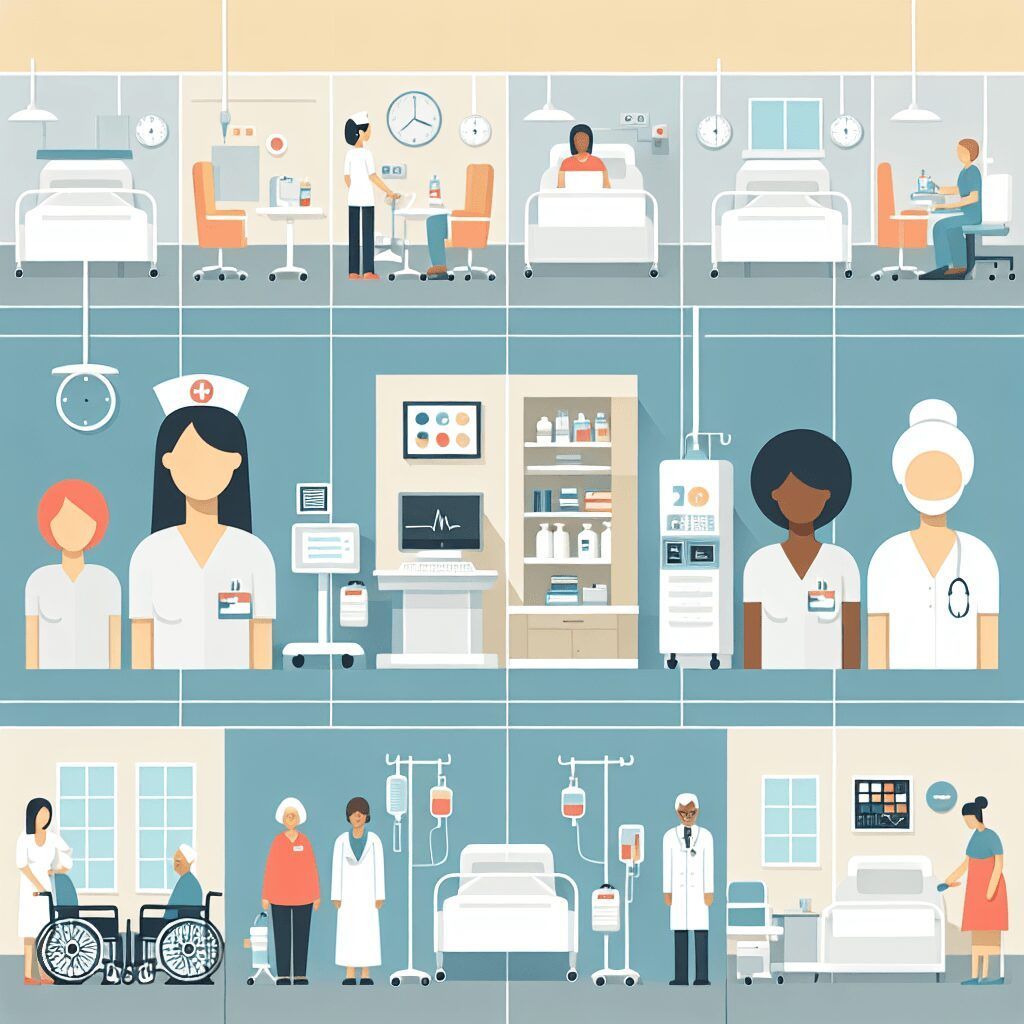Understanding Different Healthcare Facilities
Healthcare facilities include hospitals, clinics, ambulatory surgical centers, birth centers, blood banks, and mental health treatment centers. Each facility has a unique role in patient care and offers diverse treatment and service options. Knowing about these different types of facilities is crucial for those interested in healthcare careers or seeking quality and affordable care.
Let’s take a closer look at some common healthcare settings.
Different Types of Healthcare Facilities
Hospitals
Hospitals offer specialized treatment for inpatients, including diagnostic services, surgeries, and rehabilitation.
They receive funding from states, health organizations, insurance, charities, and donations to address staffing shortages and accommodate growing patient volumes.
A common challenge hospitals encounter is effectively allocating resources.
This involves ensuring optimal use of equipment, personnel, and supplies to meet the various needs of patients.
Proper coordination is key to maintaining high-quality care, patient satisfaction, and cost-effective management in healthcare facilities.
Clinics
Clinics offer outpatient services like routine doctor’s appointments and checkups across various treatment specialties. These can range from dental care to physical therapy. Unlike hospitals, clinics do not provide diagnostic services or operate clinic hours. They aim to serve patients seeking specialized care and preventative services, focusing on convenience and important diagnoses.
Clinics face challenges in managing workload and resources due to their focus on outpatient care and the need for swift service delivery. Efficient patient flow management becomes essential to ensure timely care without the extensive inpatient services and resources available in hospitals. The operational variances in handling patient volumes make clinics essential in providing accessible and specialized care promptly. This reduces the strain on larger healthcare facilities while meeting medical needs efficiently.
Urgent Care Centers
Urgent Care Centers offer immediate medical services to patients with non-life-threatening conditions. They handle setting broken bones, limb fractures, diagnosing viral illnesses, doing strep, blood, and urine tests, and treating injuries.
To address rising patient numbers and staffing challenges, these centers have adjusted their services to meet the demand for quick care. Unlike hospitals focusing on emergencies, Urgent Care Centers provide timely treatment for urgent but non-severe conditions.
By bridging the gap between hospitals and clinics, Urgent Care Centers offer on-demand medical care conveniently and promptly.
Ambulatory Surgical Centers
Ambulatory Surgical Centers, also known as outpatient surgical facilities, focus on providing certain surgical procedures outside the hospital environment.
These facilities do not offer diagnostic services or clinic hours; instead, they cater to patients referred for surgery by hospitals or physicians.
Typically, ambulatory surgical centers handle surgeries that are less complex and have lower associated costs than those done in hospitals.
By specializing in surgical care exclusively, they help reduce the risk of infection exposure, as patients are in the facility for surgery purposes only.
These centers strictly adhere to regulations set by the government, Medicare, and other healthcare regulatory bodies to ensure patient safety and maintain high-quality care standards.
Nursing Homes
Nursing homes are for patients with medical needs, not severe enough for the hospital but too serious for home care.
They offer services like therapy and create a homier atmosphere with medical staff. Staff must be qualified to ensure proper care for residents.
Safety and well-being are priorities in nursing homes. They provide long-term medical care in an environment suited for extended stays, depending on medical needs.
Safety measures, such as having medical staff on-site, are in place for emergencies. Residents receive personalized care to manage medical conditions, promoting a sense of community and support within the facility.
Telehealth Services
Telehealth services have many benefits for medical treatment and care. Patients can access healthcare from home, which is especially helpful for those with mobility issues or in rural areas. This can address challenges like staffing shortages and high patient volume in healthcare facilities. In mental health and addiction treatment, telehealth allows remote support, making therapy and counseling more accessible.
It’s essential for managing chronic conditions and ensuring ongoing treatment for patients.
Services Provided by Healthcare Facilities
Medical Treatment and Care
Medical treatments and care at healthcare facilities offer a wide range of services. These include clinics, hospitals, intensive care, and hospice care. They cater to various medical needs like physical therapy, diagnostic imaging, and occupational therapy.
Birth centers focus on comfortable and cost-effective childbirth. Dialysis centers provide crucial treatments for kidney disease patients. Urgent care facilities address immediate healthcare needs, and addiction treatment centers focus on overcoming substance abuse.
These facilities rely on government funding, outpatient medical services, and skilled health care providers for quality care. Residential treatment centers and nursing homes cater to patients needing long-term medical treatment or specialized care. Pharmacies and drug stores provide medications and medical goods to the public.
In general, healthcare facilities play a crucial role in promoting prevention and offering essential medical treatments to patients in need.
Diagnostic Testing
Healthcare facilities commonly offer diagnostic tests like blood tests, imaging scans such as CT scans and MRIs, and specialized tests tailored to individual medical requirements.
These tests are selected based on a patient’s symptoms, medical background, and input from healthcare providers.
To guarantee accuracy and dependability, healthcare facilities have precise protocols for specimen collection, testing methods, and result analysis.
Maintaining the reliability of diagnostic test results in clinics, hospitals, and other healthcare settings involves quality control practices, proficiency testing, and compliance with regulatory standards like those outlined by Medicare.gov.
Rehabilitation Services
Rehabilitation services at healthcare facilities cover a variety of therapies to help patients. They include physical therapy, occupational therapy, and speech therapy.
These therapies address different aspects of a patient’s recovery. Facilities offer personalized rehabilitation plans tailored to each patient’s medical needs.
For instance, someone recovering from a sports injury might need physical therapy to regain mobility and strength. Alternatively, an individual with a neurological condition may benefit from speech therapy to enhance communication skills.
These services are essential in aiding patients’ recovery and are a vital part of the healthcare industry’s holistic care approach.
Mental Health and Addiction Treatment
Treatment for mental health and addiction issues can vary in healthcare facilities.
Specialized centers focus on specific needs like suicidal thoughts, depression, trauma, anxiety disorders, and behavioral disorders.
These facilities offer both inpatient and outpatient services to support patients in their healing journey.
Healthcare professionals, including doctors, nurses, social workers, and therapists, work together to provide integrated care for individuals seeking treatment.
Challenges faced by healthcare facilities include limited resources, funding constraints, and the need for trained staff to address patient needs effectively.
Collaboration among different healthcare facilities like clinics, hospitals, and addiction treatment centers is crucial to ensure individuals receive comprehensive care tailored to their mental health and addiction needs.
Healthcare Facility Workload Challenges
Staffing Shortages
Staffing shortages in healthcare facilities greatly affect the quality of care provided. When there aren’t enough staff members, clinics, hospitals, and other healthcare facilities struggle to meet patient needs effectively.
This leads to longer wait times, lower patient satisfaction, and compromised safety. Moreover, existing staff face an increased workload, which can cause burnout and lower the quality of care they provide.
These shortages also contribute to a high turnover rate among healthcare professionals, worsening the problem.
Increasing Patient Volume
Healthcare facilities can increase patient volume by taking steps like adding specialized clinics, outpatient centers, and long-term care facilities. These options attract new patients and cater to existing ones.
Efficient scheduling, staff training, and technology can help manage growing patient volumes without compromising care quality. For instance, telehealth services provide convenient access to healthcare for non-urgent medical needs.
Focusing on preventive care and diagnostic imaging services allows clinics to meet patient needs while boosting patient numbers.
Combining services like physical therapy, speech therapy, and occupational therapy in one place improves the patient experience and outcomes.
Healthcare facilities can build patient volume by focusing on quality care, efficient resource use, and patient-centered services to meet the needs of a growing population.
Resource Allocation Issues
Resource allocation issues impact healthcare facilities’ ability to provide quality care.
Facilities require staff, equipment, and funding for efficient patient care. Patient volume growth necessitates effective resource allocation strategies.
Optimizing scheduling, prioritizing critical cases, and using telehealth services can help manage challenges.
Staff shortages exacerbate issues, limiting facilities’ capacity to meet patient demands.
Proper resource allocation is crucial for delivering high-quality care and ensuring patient satisfaction in healthcare.
In-Home Healthcare Services
Benefits of In-Home Skilled Nursing
In-home skilled nursing provides several notable advantages, particularly for those who prefer to receive care in the comfort of their own homes. One of the primary benefits is the ability to receive personalized medical care and assistance within a familiar and comfortable environment. This setting allows patients to maintain a sense of independence and familiarity, which can greatly enhance their emotional well-being and overall quality of life. Unlike hospitals or clinics, in-home skilled nursing offers tailored care schedules and one-on-one attention, ensuring that each patient’s specific medical needs and personal preferences are fully addressed.
Flexibility and Convenience of In-Home Care
Another significant advantage of in-home skilled nursing is the flexibility and convenience it offers. Patients do not need to adapt to the schedules and rules of a healthcare facility; instead, the care provided fits seamlessly into their existing routines. This can be particularly beneficial for those with chronic conditions or mobility issues, as it eliminates the need for transportation and the stress associated with moving to a new environment. Additionally, having family members nearby allows for continuous emotional support and involvement in the care process, which can significantly contribute to the patient’s recovery and happiness.
Personalized Care and Support
In-home skilled nursing ensures that patients receive care in a more intimate and personal setting. This can lead to higher patient satisfaction and potentially better health outcomes, as care is more aligned with the patient’s lifestyle and personal preferences. Furthermore, the presence of family members and the ability to maintain a semblance of normal daily life can be immensely beneficial for the patient’s emotional and psychological well-being. While both in-home skilled nursing and healthcare facilities have their unique advantages, the choice ultimately depends on the specific medical needs, personal preferences, and lifestyle considerations of the patient.
The Role of Medical Professionals
Medical professionals have various responsibilities in different healthcare facilities. They diagnose and treat patients in clinics and hospitals.
-
Clinics do routine check-ups and give specialized care.
-
Hospitals handle emergencies and severe illnesses in intensive care units.
They also work in mental health and addiction treatment centers, providing support, guidance, and medical interventions to help patients manage their conditions.
Medical professionals play a crucial role in addressing diverse medical needs in facilities like birth centers, dialysis centers, and urgent care facilities.
Their dedication ensures patients receive quality care for their well-being.
FAQ
What are the different types of healthcare facilities?
The different types of healthcare facilities include hospitals, outpatient clinics, nursing homes, and urgent care centers.
What services do hospitals typically offer?
Hospitals typically offer services such as emergency medical care, surgery, diagnostic tests (like X-rays and blood work), inpatient care, outpatient clinics, and specialized treatments for various medical conditions like cancer and heart disease.
How do urgent care centers differ from emergency rooms?
Urgent care centers are for non-life-threatening conditions like fevers and minor injuries, with lower costs and shorter wait times. Emergency rooms are for life-threatening situations like heart attacks and severe injuries. Always go to the emergency room for serious issues, while urgent care is best for less severe problems.
What are the key differences between nursing homes and assisted living facilities?
Nursing homes provide 24/7 skilled nursing care, while assisted living facilities offer more independence with assistance in activities of daily living. Nursing homes have medical staff on-site, while assisted living facilities focus more on personal care services.
What should I consider when choosing a healthcare facility for my specific needs?
Consider the location, services offered, insurance accepted, and facility reputation. For example, choose a facility close to your home, with specialists in your condition, that accepts your insurance and has positive patient reviews.
At ABET Life Home Health & Caregiving , we provide a compassionate and convenient alternative to nursing facilities. Enjoy the benefits of receiving skilled, personalized care in the comfort of your own home. Contact us today to learn how our tailored services can effectively and comfortably meet your healthcare needs.
The post Understanding Different Healthcare Facilities first appeared on Home Health & Care Giving Service in Houston, TX.

